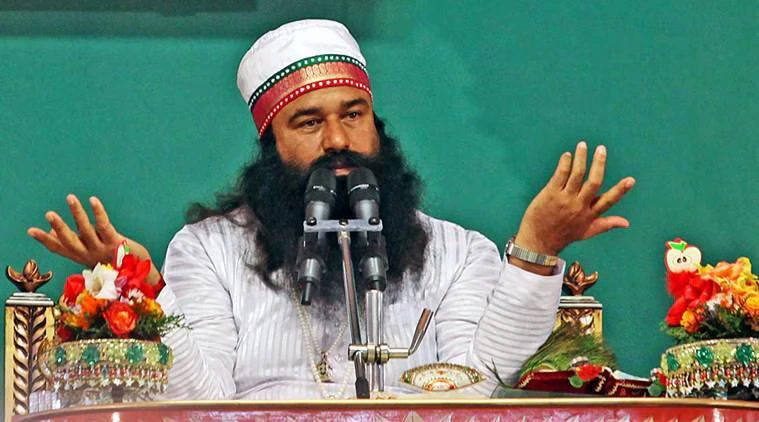PANCHKULA, July 13 — A key witness and complainant in the castration case against Dera Sacha Sauda chief Gurmeet Ram Rahim Singh has sought asylum in the United States, citing threats to his life and family. The man, who triggered a CBI investigation into the alleged forced castration of Dera followers, has urged a special CBI court to allow his cross-examination via videoconferencing due to safety concerns — a plea that Ram Rahim is opposing.
The witness, through his counsel Navkiran Singh, told the court that he relocated to the U.S. with his wife and three children in June 2024 following persistent threats from Ram Rahim’s followers. He expressed unwillingness to return to India but said he was ready to undergo cross-examination virtually. He also informed the court that due to financial constraints, his wife and children have since returned and are currently residing in Tohana, Haryana.
“My asylum application in the U.S. is based on real threats to my life and my family’s safety,” he said in a statement submitted to the Panchkula trial court. He alleged that despite writing to the CBI on March 25 and April 8 requesting protection and permission for remote testimony, the agency failed to file an application on his behalf.
The witness claimed that security provided to his family was abruptly withdrawn on May 24, following which they were threatened by followers of the Dera chief. His wife subsequently wrote to the Superintendent of Police in Fatehabad, the CBI, and the Chief Justice of the Punjab and Haryana High Court on May 26 seeking help.
The case dates back to a 2015 CBI FIR, which was filed based on the victim’s petition. In 2018, the agency filed a chargesheet against Ram Rahim and two doctors, accusing them of conspiring to surgically castrate several followers.
Opposing the request for virtual cross-examination, Ram Rahim’s counsel Amar D. Kamra told the court on July 11 that the witness is not just a complainant but a material witness whose testimony requires in-person scrutiny. “There are contradictions in his statements that must be directly confronted. A virtual cross-examination will undermine my client’s right to a fair trial,” Kamra said.
He further questioned the timing of the asylum application, arguing that the complainant did not report any specific threats between 2012 and 2024 and is now fabricating a threat narrative to bolster his U.S. immigration case.
The CBI has meanwhile requested additional time to respond to the witness’s plea seeking protection for his family.
The court is yet to decide on whether to allow the witness to testify remotely, a move that could set a precedent for high-risk witnesses living abroad in cases involving powerful accused.

